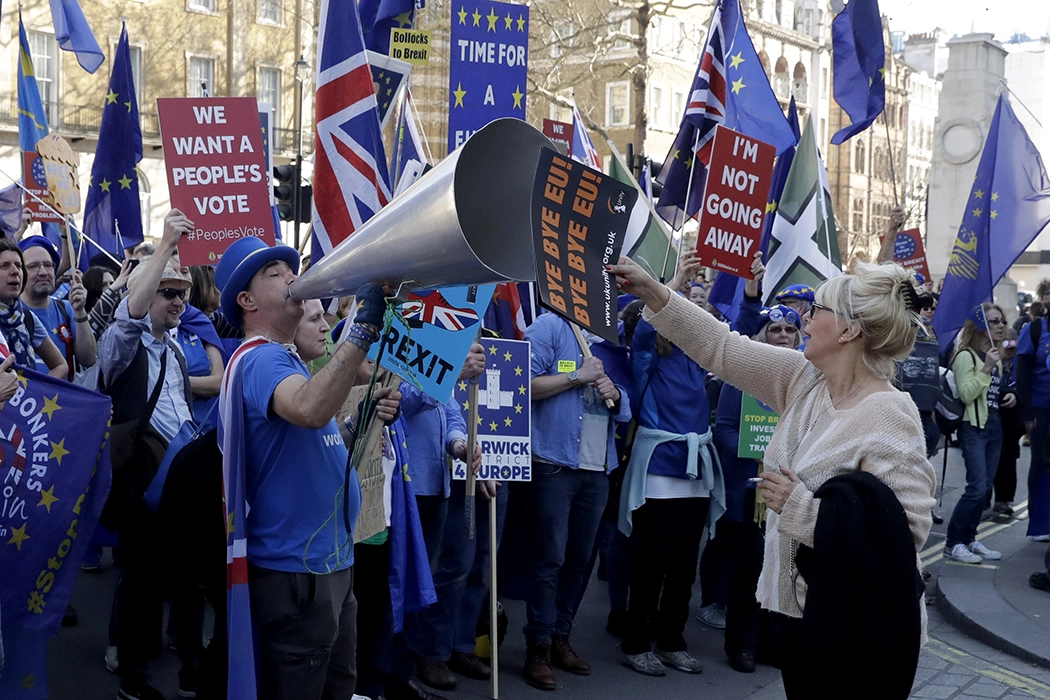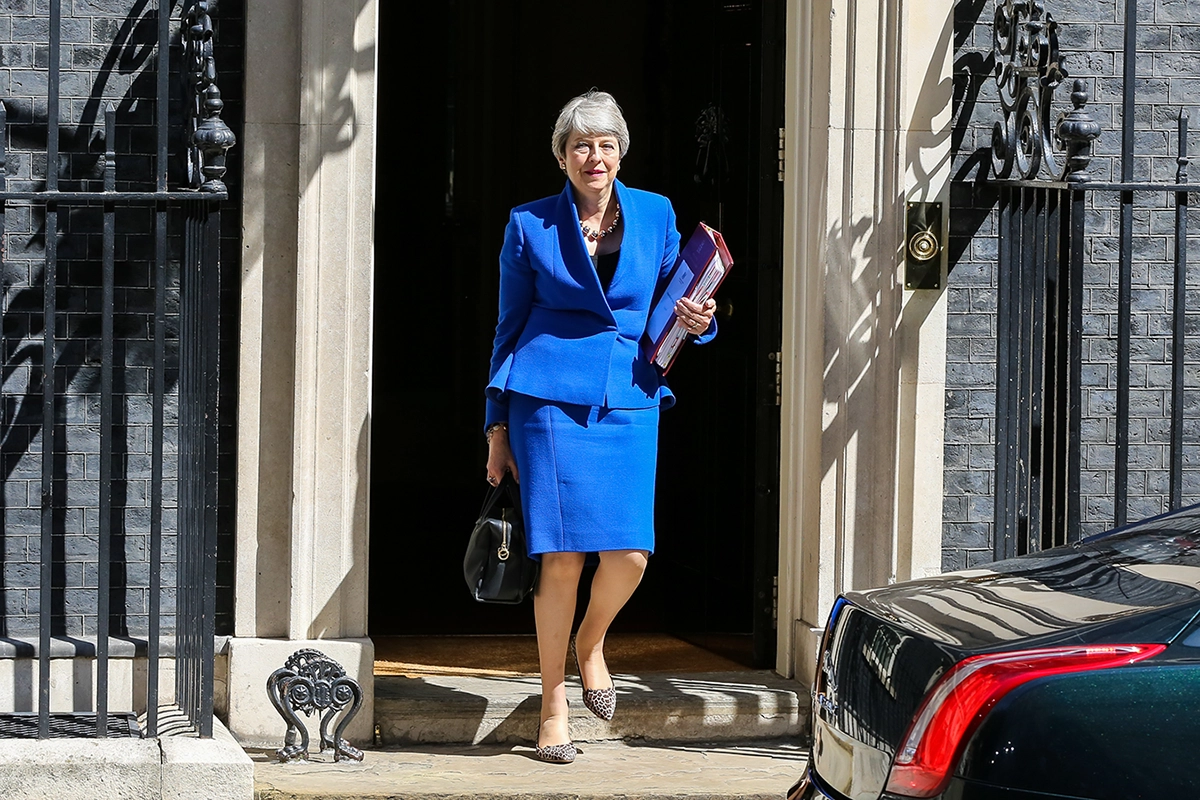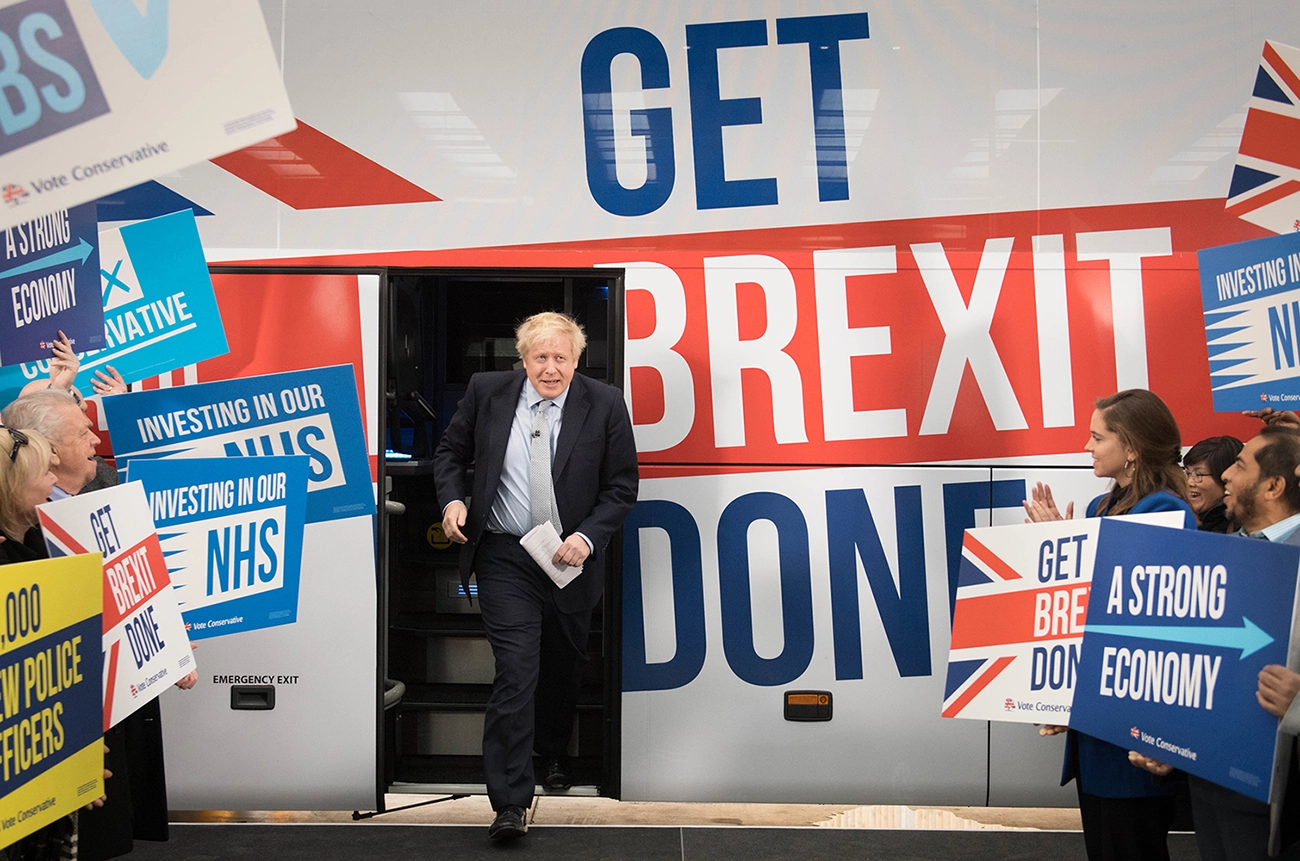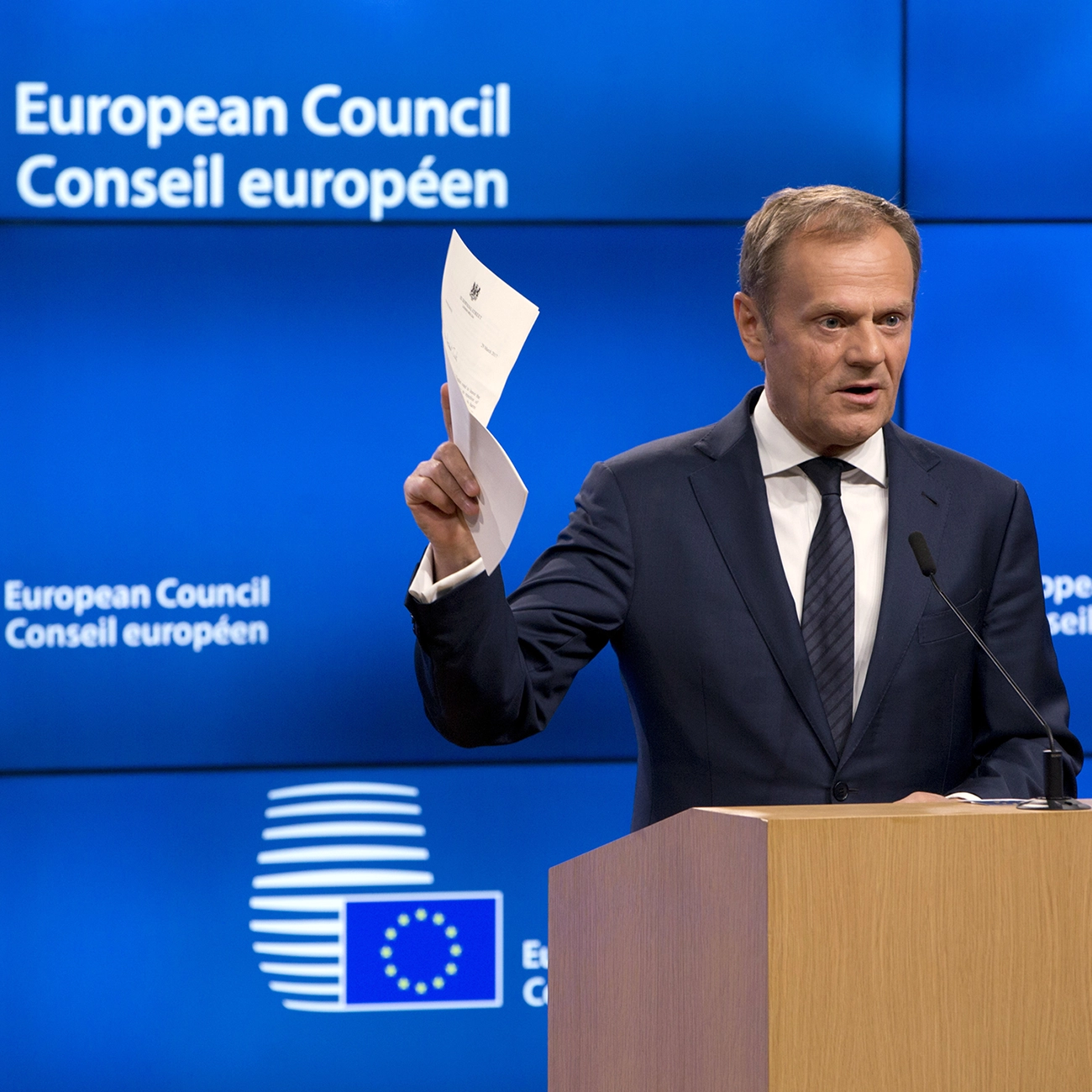Britain‘s relationship with the European Union has always been at arm‘s length. In the 2016 Brexit referendum, 72.2% of eligible voters participated, with 51.9% voting in favor of leaving the EU. This event marked the United Kingdom as the first country to exit the EU, leading to immense economic consequences, according to the ifo Institute. After a year of intensive negotiations, a new trade and cooperation agreement between the EU and the UK was enacted in 2021.


The Road to Brexit: A Closer Look
Brexit promised better control over immigration, an end to payments to the EU, and full sovereignty for the UK. Conversely, there were warnings that leaving the single market could jeopardize the economic stability of the island. Politicians from various camps engaged in heated debates – in parliament, newspapers, talk shows, and on social media. The sentiment for Brexit was already noticeable in 2014 when Prime Minister David Cameron announced his intention to renegotiate the UK’s treaties with the European Union. Following the Conservative Party’s election victory under Cameron in 2015, the Brexit referendum was scheduled for 2016. Cameron also negotiated further special arrangements for the UK in the EU, contingent on the vote against Brexit.
The United Kingdom Divided
The Brexit referendum results laid bare the deep divisions within the United Kingdom. In England and Wales, the majority voted in favor of Brexit; however, in Northern Ireland and Scotland, as well as among London’s electorate, the majority voted to remain in the EU. The divisions were not only regional but also generational. A significantly larger proportion of young Britons voted to stay in the European Community compared to their older counterparts. In November 2018, Theresa May, David Cameron’s successor, reached a provisional withdrawal agreement with the EU. The final exit, initially planned for March 29, 2019, was postponed to April 12 and ultimately to October 31. The complexity and lengthiness of the negotiations between the parties proved too great.


The Protracted Conclusion
Facing heavy criticism from the public and her own party, Theresa May announced her resignation in the summer of 2019. Her successor, Boris Johnson, braced the nation for a hard Brexit with no agreements in place. However, after the British parliament passed a law against a no-deal Brexit, the EU postponed the exit date once again to January 31, 2020, when it finally occurred. A trade agreement, which also included a free trade deal, was still absent. After lengthy negotiations, it came into force on January 1, 2021. While bilateral trade now enjoys exemption from customs duties, UK exports are subjected to extensive customs formalities. Further cooperation agreements were signed in areas such as crime fighting, climate policy, and energy supply, ensuring that collaboration in critical areas continued and the UK was not completely severed from the EU.
Economic Consequences of Brexit
As opponents of Brexit predicted, the negative economic consequences have been less severe for EU countries than for the UK. By 2021, the UK had fallen from being Germany’s third most important trading partner in 2015 to tenth place. In 2022, the ifo Institute updated its initial study on Brexit’s consequences from 2017. Key findings include:
• Since the Brexit referendum on June 23, 2016, the British pound has depreciated by around 13%.
• German exports of goods to the UK have dropped in nominal terms from 90 billion euros to 84 billion euros since 2016.
• In many sectors, the UK’s share of German imports and exports has decreased significantly, particularly in chemicals, vehicles, paper, and mineral products.
• The impact varies among EU member states, with economic size, geographical, and cultural proximity playing significant roles – the closer a country is to the UK, the greater its losses.
Despite the EU and Germany experiencing fewer economic losses from Brexit than the UK itself, the consequences are serious. Both sides are suffering from the uncertainty surrounding the future development of economic relations.
